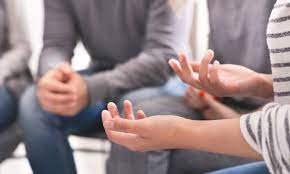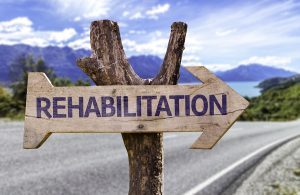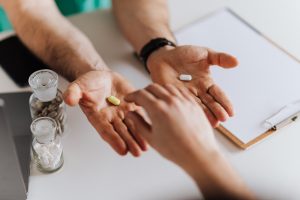The most crucial aspect of drug addiction treatment is usually follow-up care. Consider it this way: being in a residential or full-time drug addiction treatment program is similar to going through basic military training. They must put what they’ve learned into practice once they’ve left. They’re in the middle of a conflict. Their situation has suddenly grown serious, yet their skills are new and untested. They now require more than ever professional assistance and informal support from friends and family as they transition from theory to practice of living a drug-free life.
They are not tempted by drug-using friends or familiar spots where they used to acquire and use drugs while finishing their residential drug addiction treatment program. The other clients and staff do not expect them to use drugs during their treatment program as long as they are with them. When they return home, though, they are faced with all of their old familiar temptations. People who know them as a substance abuser will anticipate them to return to their old behaviors unless they are included in their recovery process.
Attending support meetings, continuing individual, family, or marriage counseling with their spouse and other family members, and putting the skills they gained in treatment into practice are all examples of our follow-up care. They are sent on regular leave to attend family reunions and familiarize themselves with their previous surroundings. Relaxation training and the use of physical exercise to relieve stress may be among the skills taught in their curriculum. They must also put everything they’ve learned about dealing with drug cravings and “triggers,” which are persons, situations, or experiences that can tempt them to use drugs, into practice. Running into old drug-using friends or dealers, being at a party where people are using drugs, or even experiencing an emotion that they used to suppress with drugs can all serve as triggers drug use. They can discuss these issues in one-on-one counseling and at support meetings.







